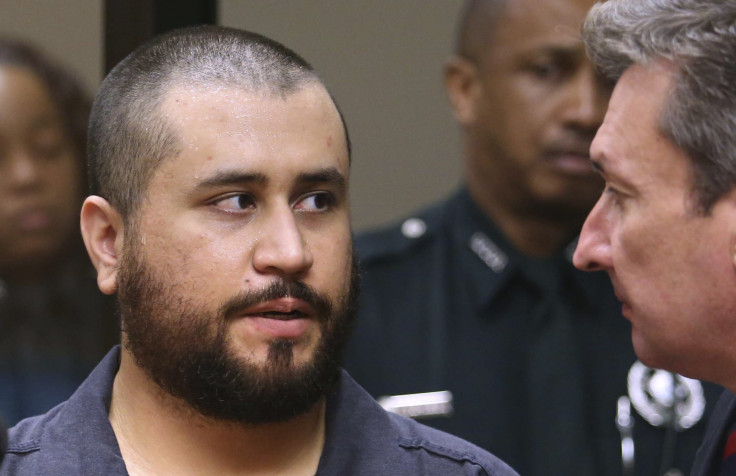George Zimmerman May Not Face Civil Rights Charges In Trayvon Martin's Death Case

The U.S. Justice Department is unlikely to bring civil rights charges against George Zimmerman, who shot and killed black teenager Trayvon Martin in 2012, despite allegations that that the killing was racially motivated. The investigation was opened two years ago, after the incident triggered protests across the country.
The Justice Department’s civil rights division investigated Zimmerman, but officials now say that they do not have enough evidence to bring federal charges against him, the Washington Post reported. Martin’s family attorney reportedly said that they have not heard a final decision from U.S. officials on the case while a spokesperson for the Department reportedly said that the investigation “is active and ongoing.”
Zimmerman was acquitted of a second-degree murder and manslaughter charges in a state trial in Florida, despite several demands to Attorney General Eric H. Holder that a federal civil rights case should be opened against him.
“I was watching the whole case pretty closely for two years, and they didn’t do anything except take those 40 statements,” Mark O’Mara, Zimmerman’s attorney said, according to the Washington Post, adding that the statements “suggested that George acted in very non-racist ways. He took a black girl to the prom. His best buddy was a black guy. He mentored two black kids. He sought justice for a black homeless man beaten up by a white cop’s son.”
“To those who have seen civil rights investigations and civil rights violations,” O’Mara added, “It looked as though the Department of Justice was just placating pressure that existed by suggesting there was an ongoing investigation.”
Martin was unarmed when Zimmerman, a neighborhood watch volunteer, shot and killed him. Prosecutors in a civil rights case would not only have to prove that Zimmerman followed Martin because of his race, but would also have to prove that his shooting of Martin was racially motivated.
“These are very difficult cases to make,” a law enforcement official who knew about the case told the Washington Post, adding: “There is a high burden. We have to prove that a person was doing this with the intent of depriving someone of his civil rights.”
© Copyright IBTimes 2024. All rights reserved.












